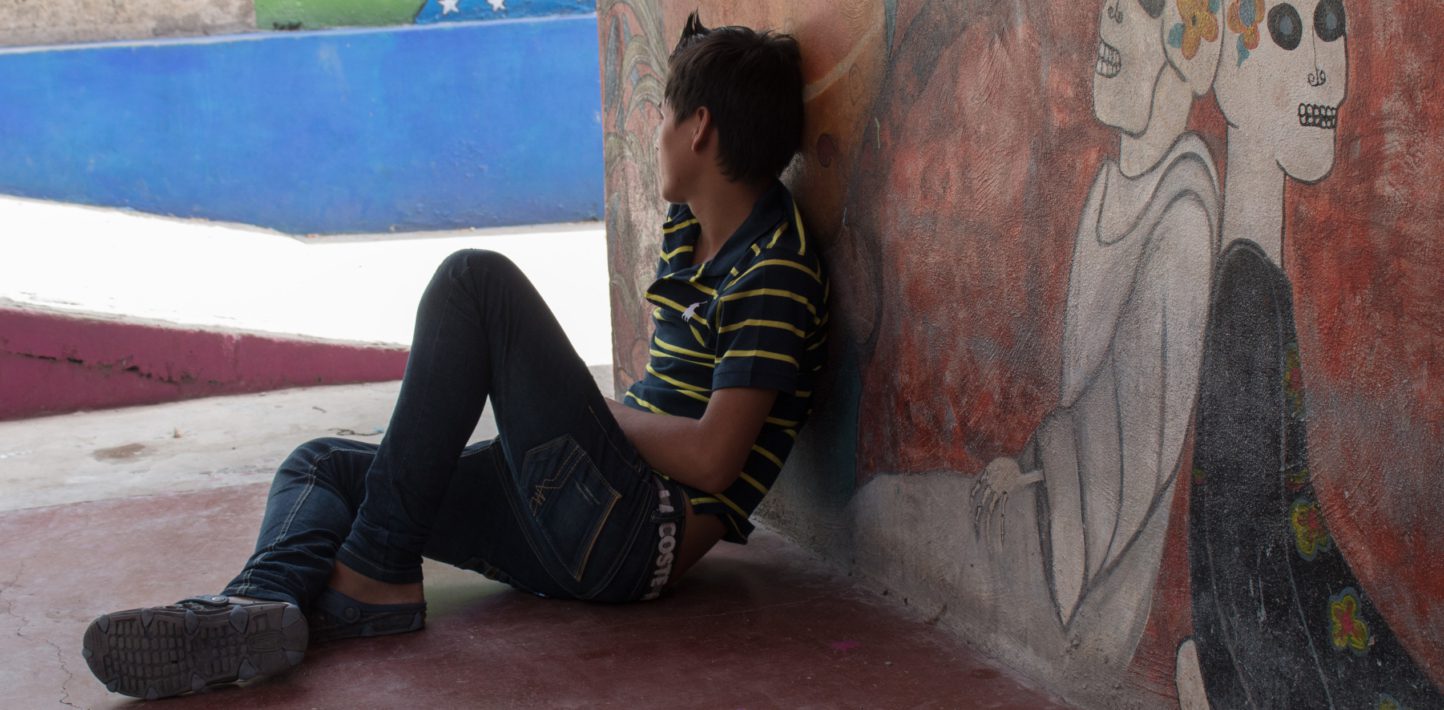Mexican migration authorities are routinely turning back thousands of people from Honduras, El Salvador and Guatemala to their countries without considering the risk to their life and security upon return, in many cases violating international and domestic law by doing so, Amnesty International said in a new report.
Based on a survey that captured 500 experiences of Central Americans travelling through Mexico, Amnesty International found that the National Institute of Migration (INM) is systematically violating the non-refoulementprinciple, a binding pillar of international and Mexican law that prohibits the return of people to a real risk of persecution or other serious human rights violations. This serious failure by the Mexican government can cost, in many cases, the lives or safety of those returned to the country from which they fled.
These are heart-breaking stories of families, children, men and women fleeing from extreme violence in order to save their lives. Rather than providing them with the protection they are entitled to, Mexico is unlawfully turning its back on these people in need
Erika Guevara-Rosas, Americas Director at Amnesty International
“These are heart-breaking stories of families, children, men and women fleeing from extreme violence in order to save their lives. Rather than providing them with the protection they are entitled to, Mexico is unlawfully turning its back on these people in need,” said Erika Guevara-Rosas, Americas Director at Amnesty International.
The so-called “Northern Triangle” countries of Guatemala, El Salvador and Honduras continue to experience generalized violence, with homicide rates reaching four to eight times higher than what the World Health Organization considers “epidemic” homicide levels. For a number of years, people have been leaving these countries not only spurred on by the hope of better employment opportunities, yet because they are fleeing life-threatening situations in some of the most violent nations on the planet. Under international law, Mexico is obligated to provide many of these people with protection from the risks they would face in their home countries.
These unlawful deportations affect real lives of everyday people, including a bus driver who was interviewed by Amnesty International after he had been denied protection and deported from Mexico back to Honduras, where he was killed days later.
Another man seeking asylum from Honduras told Amnesty International that when he told the INM he was fleeing for his life, an INM agent responded to him: “Now that you’ve been detained, you’re screwed and you’re gonna get deported to your country.” Other people told Amnesty International they were coerced into signing away their deportation against their will.
Amnesty International found that 40% of the responses of 297 people that had been detained by the INM gave solid indications that a refoulement had occurred. These testimonies involved people explicitly seeking asylum or expressing fear for their lives in their country of origin, yet nevertheless being ignored by the INM and deported to their country.
In addition, Amnesty International found that 75% of those people detained by the INM were not informed of their right to seek asylum in Mexico, despite the fact that Mexican law expressly requires this and public officials assured Amnesty International that the requirement is complied with.
Mexican authorities told Amnesty International that refoulements were a rare occurrence on the part of the INM. The 500 testimonies collected by Amnesty International are telling us a different story.


